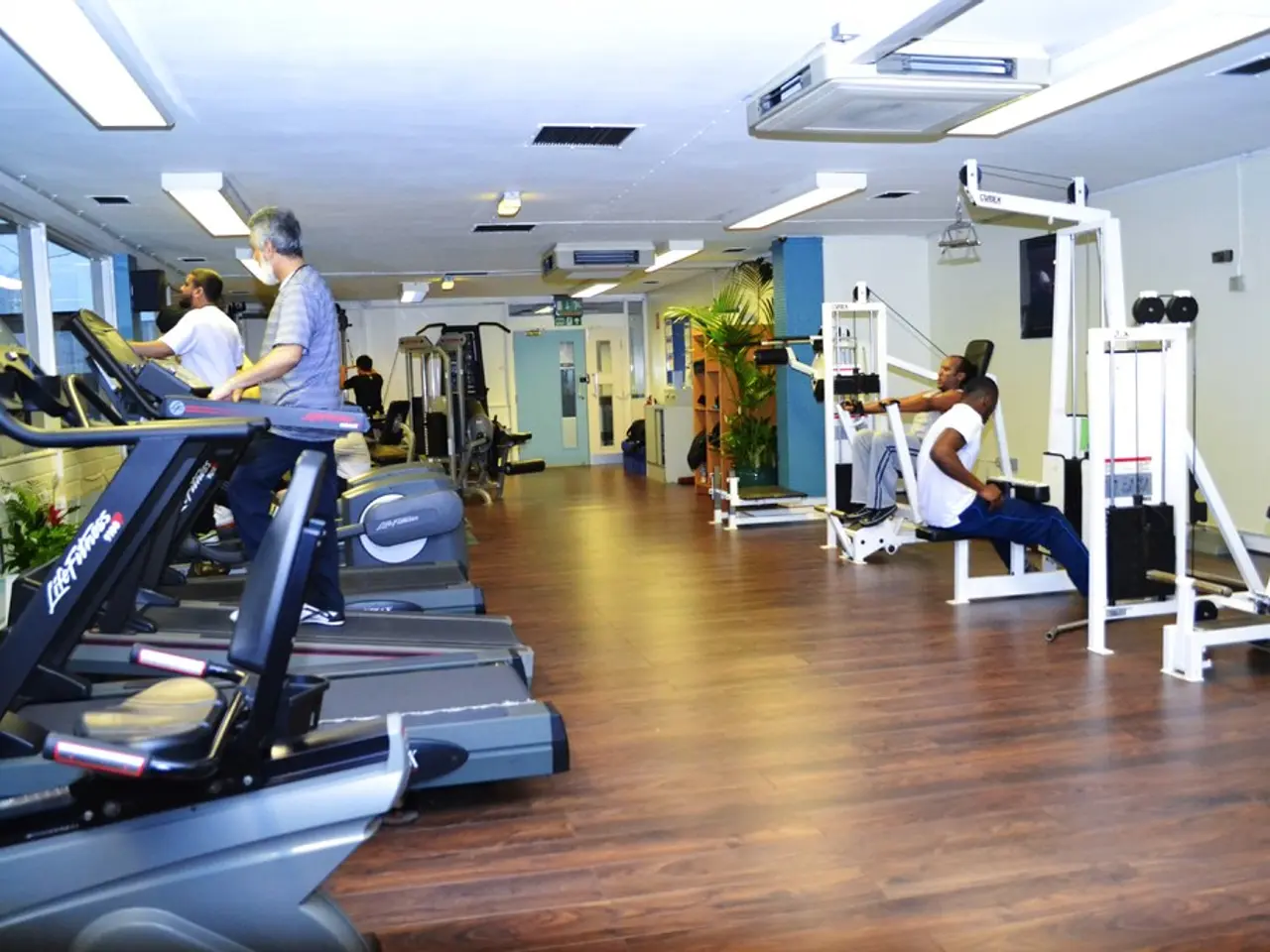Tai Chi Reduces Falls Risk in Older Adults by 19%
A recent study reveals that Tai Chi, an ancient Chinese exercise, can significantly reduce the risk of falls among older adults. This low-impact activity, when practiced regularly, offers a range of health benefits and may even decrease the fear of falling, improving quality of life.
Research indicates that Tai Chi is particularly effective in enhancing balance and coordination, which are crucial for preventing falls. Additionally, it aids in slowing muscle loss related to aging, thanks to its strength and endurance training aspects. Practicing just three simple Tai Chi movements several times a week can yield these benefits.
It's important to note that while Tai Chi is generally safe, individuals should consult their doctor before starting any new exercise routine. The practice has been shown to reduce the rate of falls by 19% and the number of people experiencing falls by 20% in community-dwelling older adults. Furthermore, Tai Chi can help alleviate pain associated with conditions like low back pain, fibromyalgia, and knee osteoarthritis. Even those with Parkinson's disease can benefit from Tai Chi's balance-improving effects.
Tai Chi, with its low risk of injury and numerous health benefits, is an excellent exercise choice for older adults. While Original Medicare does not cover fitness programs, some Medicare Advantage (Part C) plans may include gym memberships or help with paying for fitness programs like SilverSneakers. Embracing Tai Chi can help older adults maintain independence and improve their overall well-being.
Read also:
- Parliamentary Meetings in the Federal Diet of Germany this Week
- Council approves resolution to remove objections for organ donations at federal level
- Encouraging Healthy Indoor Workplaces through LEED Material Methods: USGBC LEED Green Associate
- Understanding Craniosynostosis: Essential Facts and Insights




